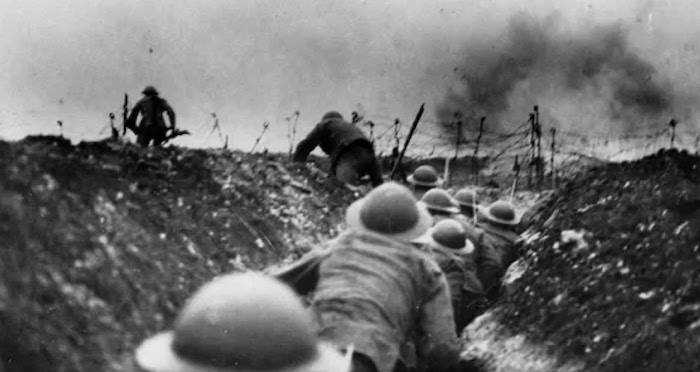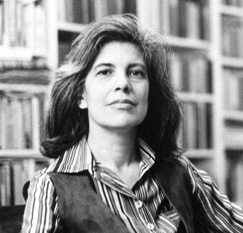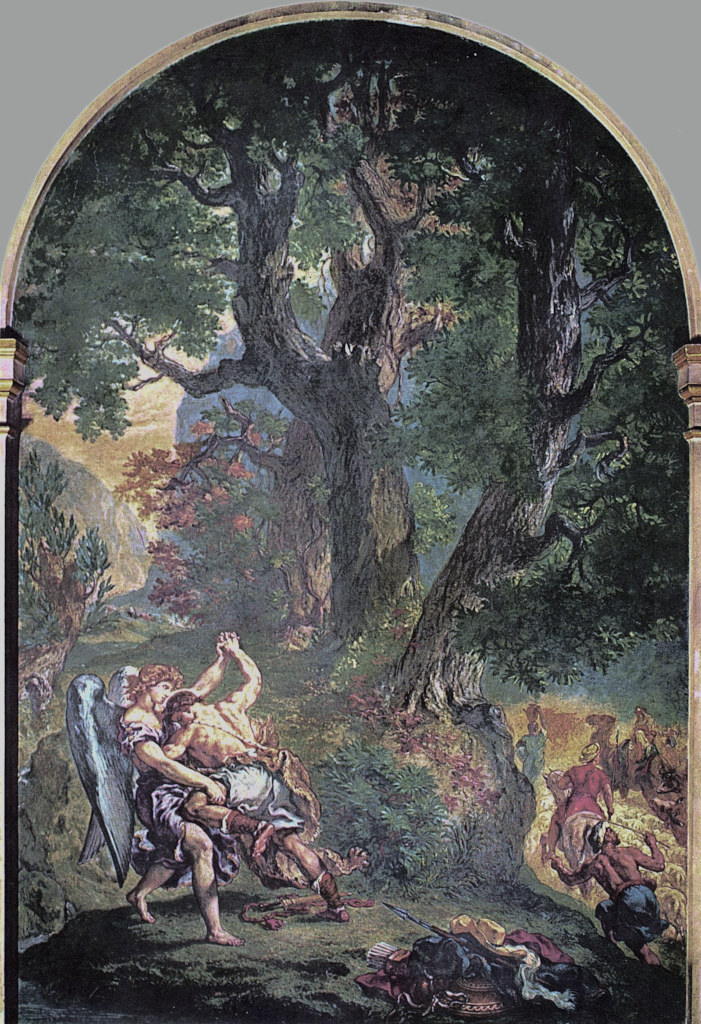 In talking about the history of perhaps the most famous of Scandinavian peoples, the Vikings, the other day, I mentioned that aside from their well deserved reputation for ferocity, the Vikings were explorers of global renown. They sailed farther west than anyone before them, traveling as far as Greenland and, eventually, the shores of Newfoundland, establishing settlements which we can still see, albeit in considerably different form, today. Well before Columbus "sailed the blue," the Vikings had gone to the New World and back.
In talking about the history of perhaps the most famous of Scandinavian peoples, the Vikings, the other day, I mentioned that aside from their well deserved reputation for ferocity, the Vikings were explorers of global renown. They sailed farther west than anyone before them, traveling as far as Greenland and, eventually, the shores of Newfoundland, establishing settlements which we can still see, albeit in considerably different form, today. Well before Columbus "sailed the blue," the Vikings had gone to the New World and back.Some centuries after the Vikings' heyday, Genghis Khan and his Mongol armies, whose reputation for cruelty perhaps exceeded that of the Vikings, conquered most of the known world, establishing a kingdom that would last for several centuries. Yet in so doing, the Mongols brought stability to the Silk Road, that ancient connection between East and West, enabling commerce and exchange between these very different expressions of human culture. Much happened. As the Vikings pioneered international exploration, so the Mongols opened the door to the European Renaissance. Ironically, it took those considered lowest on the prevailing cultural totem pole to enlighten those "higher" to the real truth of the world.
It's a funny sort of wisdom, really, not the wisdom most people would consider genuinely true. Yet it changed the course of history, changed it, in large part, for the good.
It almost makes one think the universe really does have a point. And a God.








